Israel provided Myanmar’s junta with arms equipment amid Rohingya genocide: Report
A rights group has revealed that Israel provided Myanmar’s military junta with arms equipment despite a US and European Union embargo imposed over the country's genocide against members of the Rohingya Muslim minority.
The rights group Justice for Myanmar said in a report published on Thursday that the Israeli arms producer CAA Industries shipped equipment to a supplier of the Myanmar military in July 2019.
The two-tonne shipment included molds for injecting plastic polymers which could be used to manufacture rifle parts like grips and handles.
Justice for Myanmar published images of rifles manufactured by the Myanmar military's arms industries, including assault rifles, sniper rifles, and light machine guns, and have identified grips and stocks with the identical design that CAA sells.
"Under international human rights standards on business and human rights, CAA Industries has a responsibility to conduct due diligence and prevent or mitigate and remedy any negative human rights impacts linked to the end-use of their products and services," the right group said in a statement.
Israeli arms producer CAA Industries provided #Myanmar military with equipment to manufacture arms after #Rohingya #genocide & despite arms embargo imposed by US, UK & EU. @haaretzcom finds US citizens were on the firm’s board @USEmbassyBurma @USTreasury https://t.co/unOploAtkc
— Justice For Myanmar (@JusticeMyanmar) June 9, 2023
"Justice For Myanmar calls for CAA Industries to immediately halt any collaboration, including shipments of accessories for specialized machinery and injection molds, to Myanmar."
The Justice for Myanmar said the group which purchased the equipment was the Star Sapphire Group, which Israeli media previously reported had acted as a broker between Israeli contractors and the Myanmar military junta. The Star Sapphire Group had earlier been targeted by US sanctions.
The report by Justice for Myanmar also included a letter by Israeli attorney Eitay Mack, who said the arms produced with the help of CAA Industries Ltd equipment could help the Myanmar's military manhunting and extermination campaign against democracy activists, journalists and the general public.
"What makes this deal particularly problematic is that it provides the Myanmar military with the tools to upgrade their small arms and this know-how will remain. It is not a one-off shipment of weapons, but products and tools that can be kept and used for a lot of things," Mack added.
Human rights groups and Myanmarese officials reported in 2017 that Israel continued to sell Myanmar weapons and arms as thousands of Rohingya refugees fled the military's brutal crackdown in the Rakhine state.
The United Nations has described the Rohingya people as the most persecuted minority in the world.
In 2017, a bloody campaign in Myanmar’s Rakhine state sent some 740,000 Rohingya fleeing across the border into neighboring Bangladesh, carrying accounts of rape, mass killings and arson.
The Rohingya are still denied citizenship and freedom of movement in Myanmar, with reports indicating tens of thousands have now been confined to squalid displacement camps for a decade.
The Rohingya case is now the subject of separate proceedings before the International Criminal Court and for "acts of genocide" before the International Court of Justice.
‘Ghost town’: 70% of Jabalia buildings destroyed by Israel
Mother’s Day: Sareh Javanmardi’s inspiring journey as Paralympic champion and mother
Russia downs over 40 Ukrainian drones as Putin vows 'destruction' on Kiev
VIDEO | Yemen: A bone in Israeli neck
D-8’s role in Iran’s economy after Cairo summit
China slams US as ‘war-addicted’ threat to global security
China ‘firmly opposes’ US military aid to Taiwan
VIDEO | Press TV's News Headlines


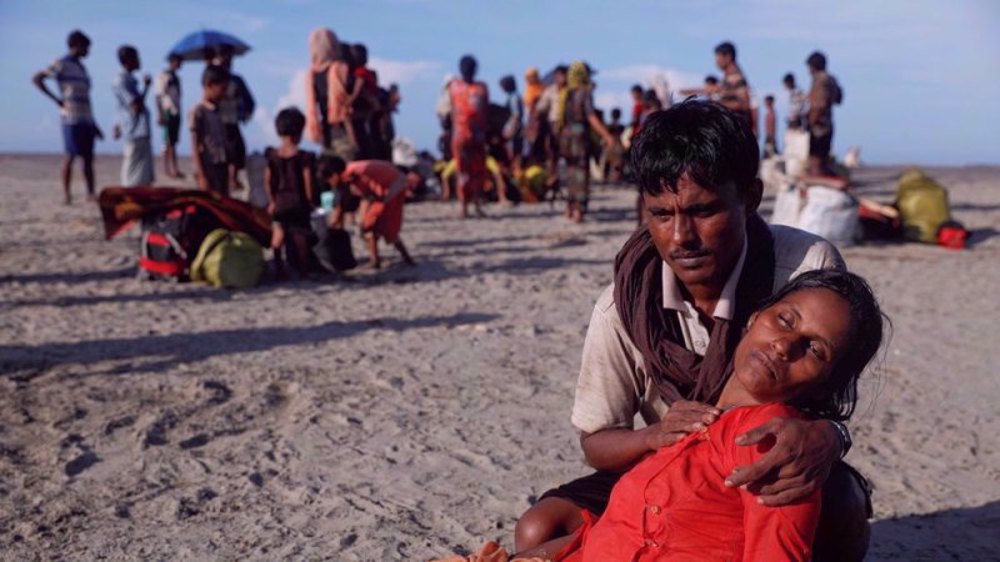
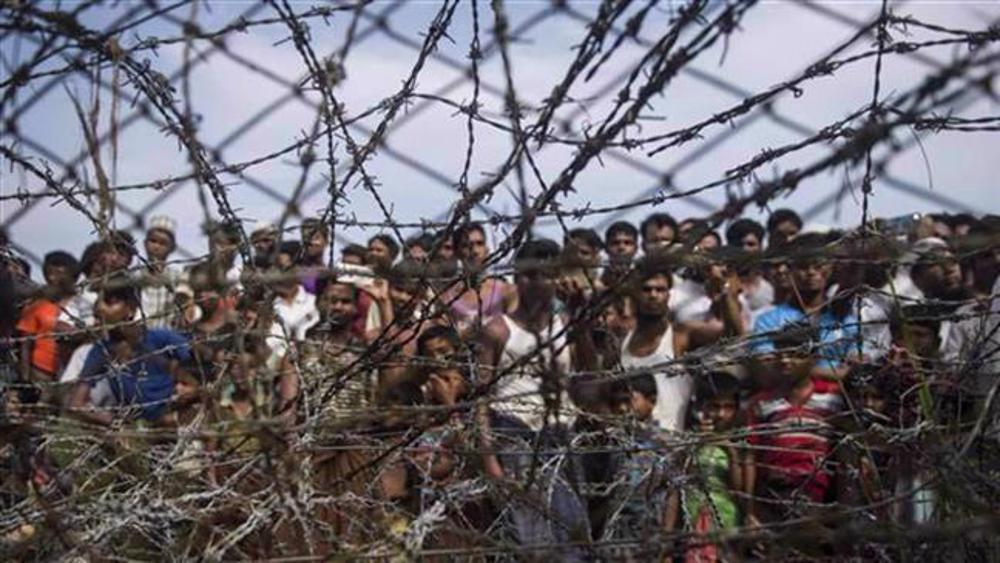

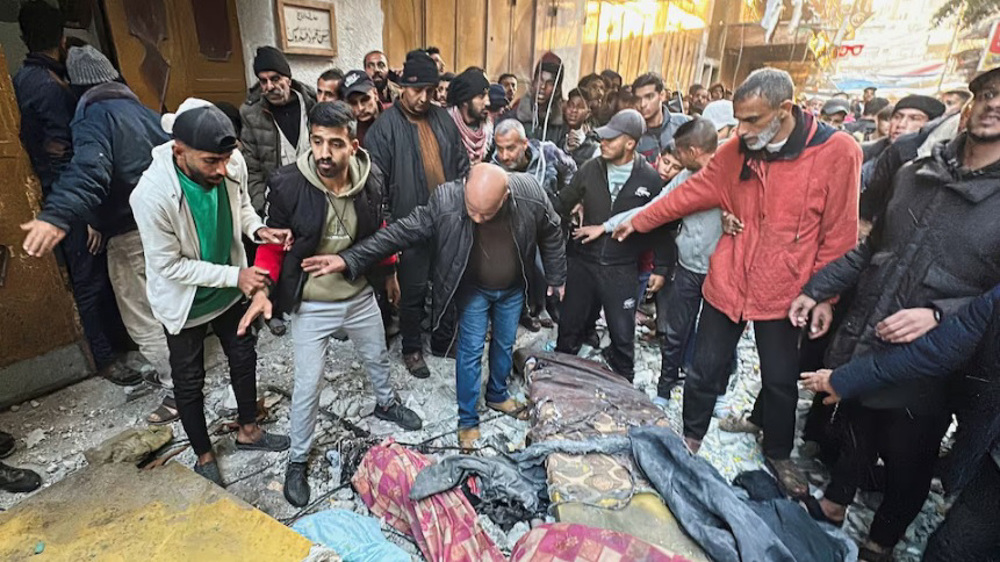
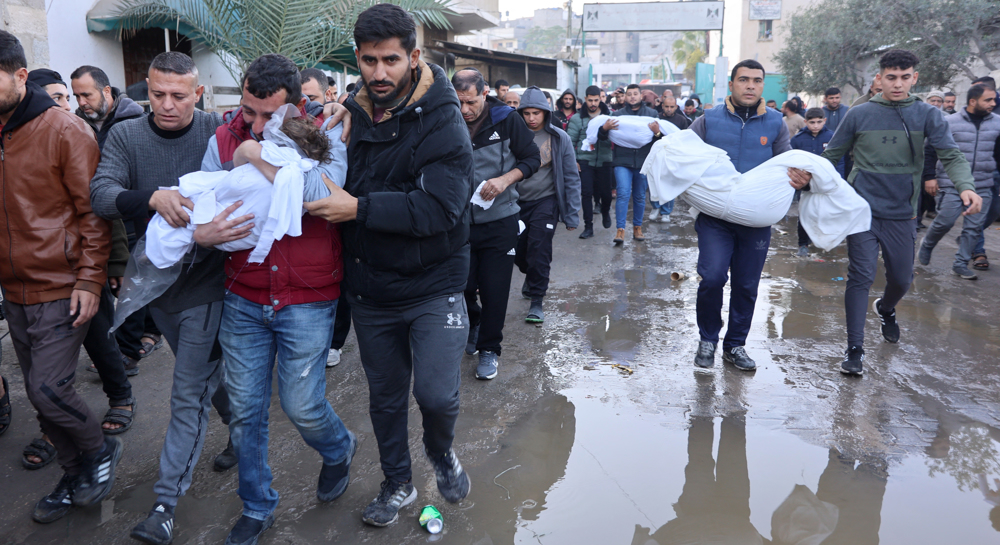



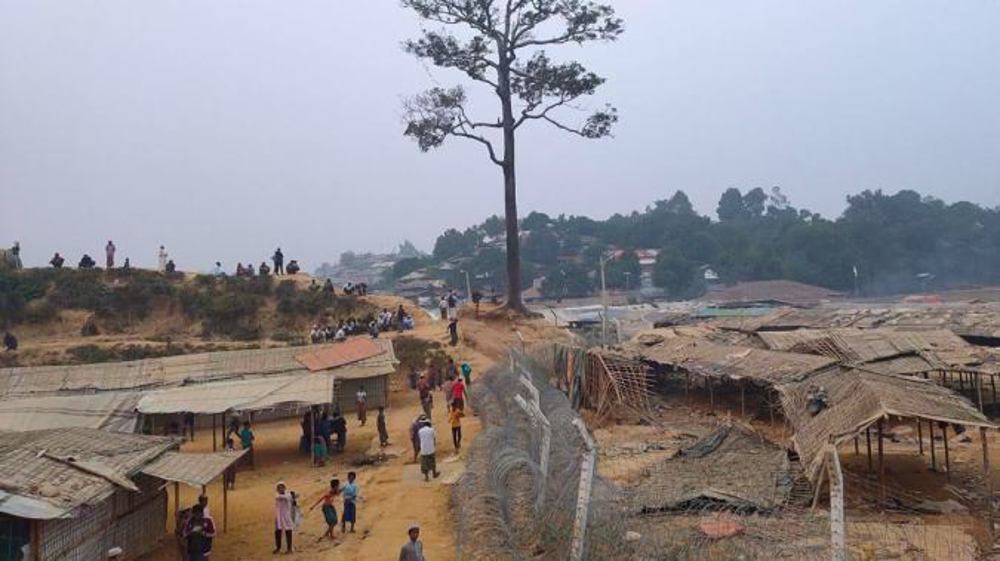
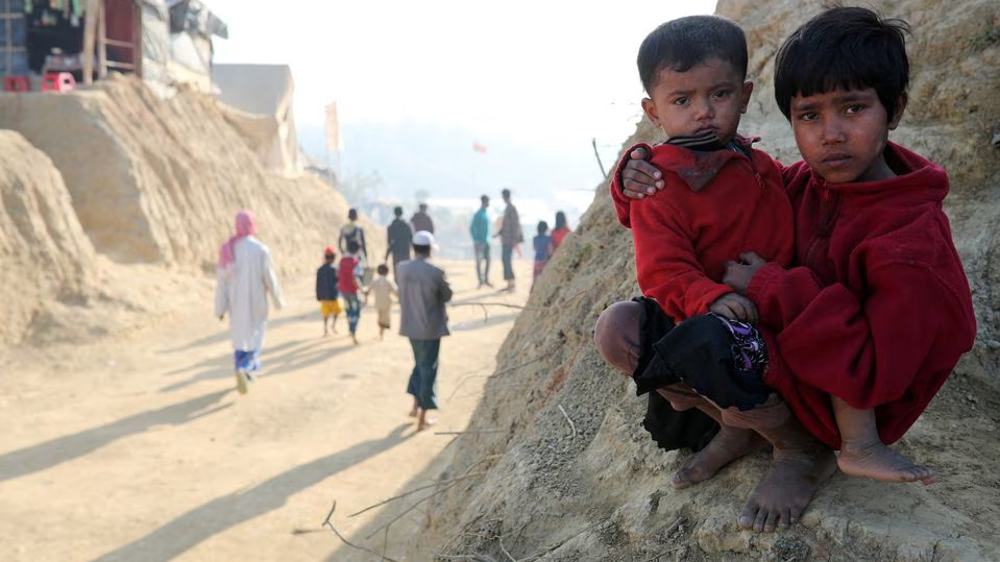
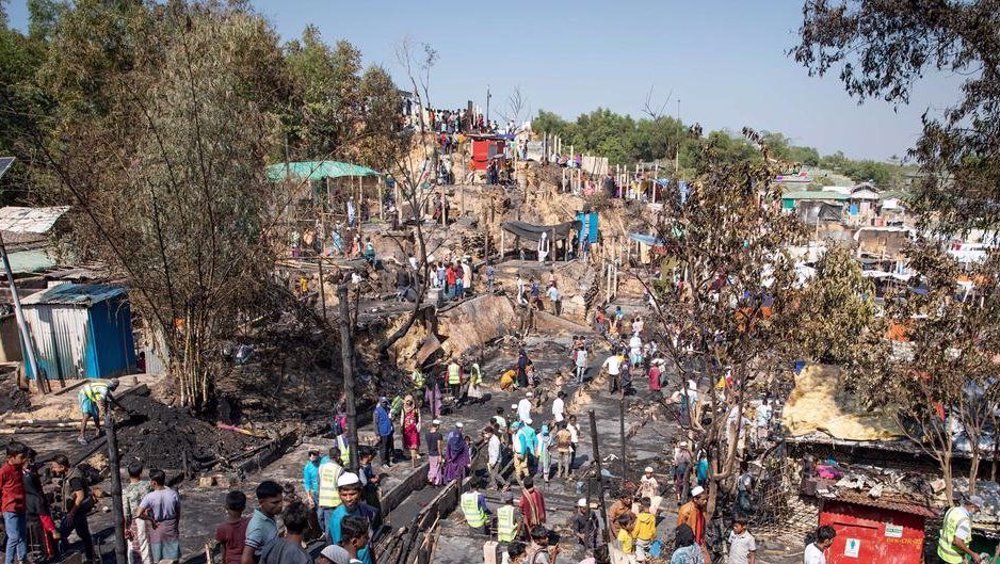
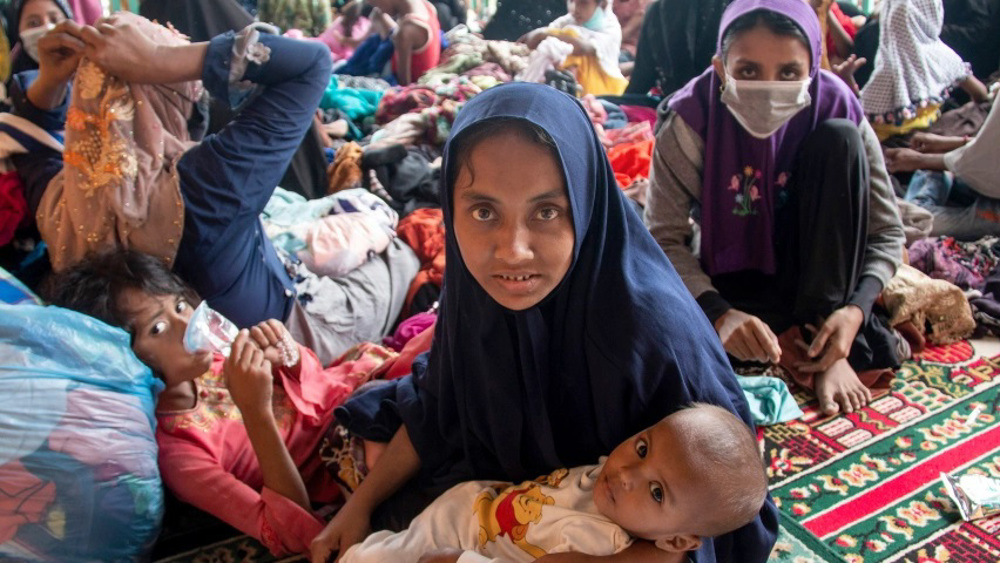
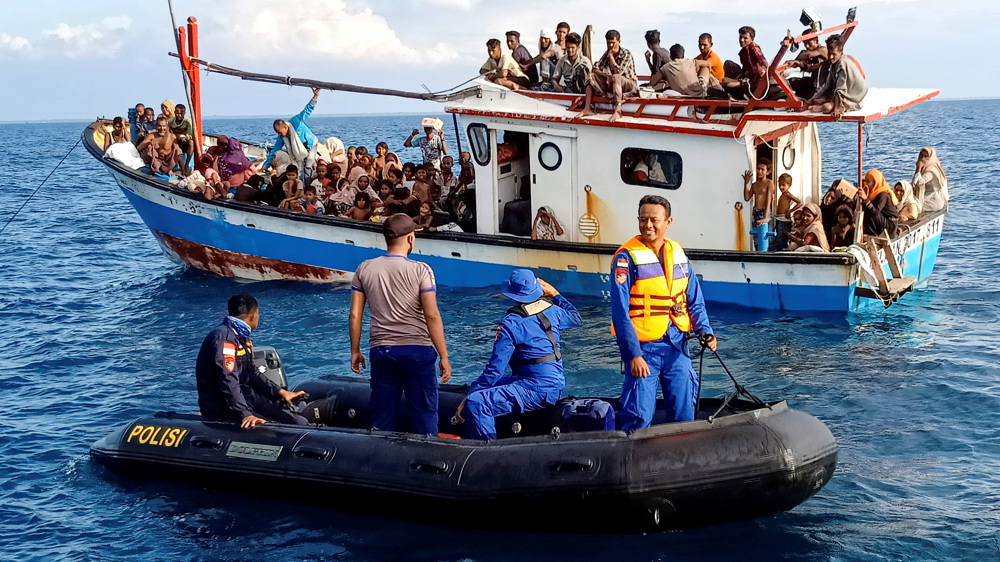

 This makes it easy to access the Press TV website
This makes it easy to access the Press TV website